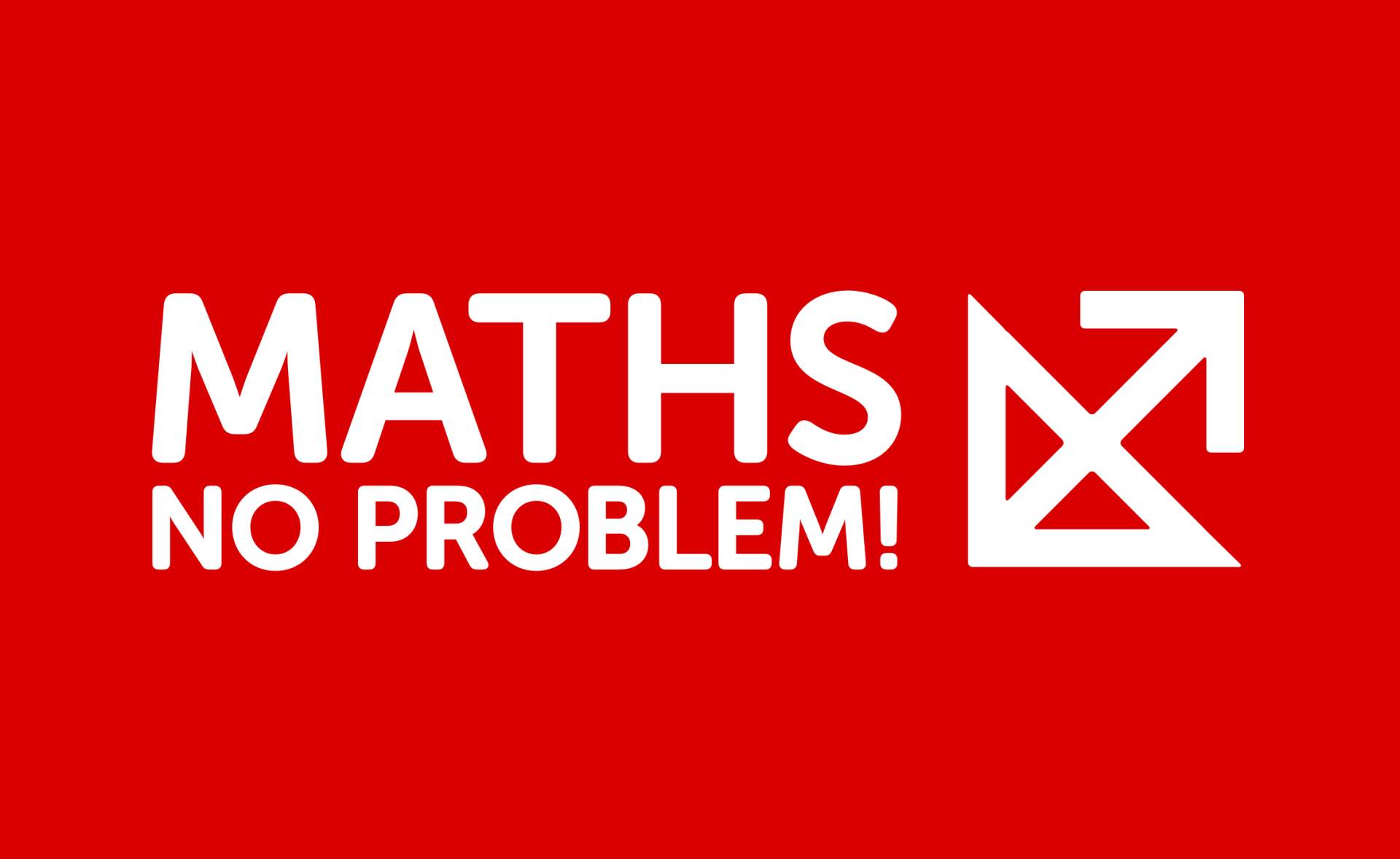Our Maths Curriculum

We aim to ensure that all children develop fluency in mathematics, enabling them to reach a depth of knowledge that allows them to reason mathematically and solve problems. The children’s journey will be achieved through exploration, clarification, practice, and application. At each stage of learning, children will be able to demonstrate a deep, conceptual understanding of the topic and build on this over time.
We follow the Maths No Problem scheme of work from Year 1 to Year 6 which is based on the Singapore method of teaching and learning – learning concepts through concrete apparatus, pictorial images and abstract representations (numbers and symbols). This is called the CPA approach. Each teacher will respond to the needs of their class so some topics may be taught slightly earlier or later. We assess your child before and after each chapter of learning to make sure that your child has mastered the concept before we move on. We carry out two key assessments – one in the spring term and one in the summer term – which help us assess whether your child has reached the standards expected for their year group.
Reception is now also using Maths No Problem! Foundations which meet all of the requirements of the revised EYFS Framework 2021. It encourages learning through play and helps children in the Early Years develop a deep understanding of mathematics. It follows the same mastery approach, with an emphasis on maths talk.
Maths No Problem! Learning sequences will be considered carefully to ensure they meet the class's specific needs. Sequences of learning using the ‘Maths No Problem!’ textbooks and workbooks are designed to give pupils a consistent and smooth progression of learning in calculation strategies across the school. Our calculation policy shows methods that children will be taught within their respective year groups.
The teaching for mastery principles are embedded within the lessons, representations, and questions. We train all new staff to use the scheme and provide ongoing training and support for existing teachers through CPD, team teaching, and lesson visits.
The Maths No Problem scheme covers the National Curriculum across years 1 to 6. The scheme splits the curriculum into various topics throughout the year, and the lessons have a fixed structure designed to reflect the teaching-for-mastery pedagogy.
Schemes of work
The documents below contain an overview of the year. Most year groups would follow these completely, apart from a few changes in individual topics such as fractions and decimals.
Year 1 Year 2 Year 3 Year 4 Year 5 Year 6
Calculation policy Maths Vocabulary
Maths fluency
Maths timetables.
36 facts to take us up to 9 x 9 – the building block facts
|
Year 3 |
Year 3 |
Year 3 |
Year 4 |
Year 4 |
Year 4 |
Year 4 |
Year 4 |
|
2 tt |
5tt |
3tt |
4tt |
6tt |
7tt |
8tt |
9tt |
|
2 x 2 |
|
|
|
|
|
|
|
|
3 x 2 |
3 x 5 |
3 x 3 |
|
|
|
|
|
|
4 x 2 |
4 x 5 |
4 x 3 |
4 x 4 |
|
|
|
|
|
5 x 2 |
5 x 5 |
|
|
|
|
|
|
|
6 x 2 |
6 x 5 |
6 x 3 |
6 x 4 |
6 x 6 |
|
|
|
|
7 x 2 |
7 x 5 |
7 x 3 |
7 x 4 |
7 x 6 |
7 x 7 |
|
|
|
8 x 2 |
8 x 5 |
8 x 3 |
8 x 4 |
8 x 6 |
8 x 7 |
8 x 8 |
|
|
9 x 2 |
9 x 5 |
9 x 3 |
9 x 4 |
9 x 6 |
9 x 7 |
9 x 8 |
9 x 9 |
|
|
|
|
|
|
|
|
|
|
8 facts |
7 facts |
6 facts |
5 facts |
4 facts |
3 facts |
2 facts |
1 fact |
|
By end of Y3: 21 facts learnt 15 facts still to learn |
By end of Y4 15 facts learnt to complete building blocks 21 more facts for times table check (see below) |
||||||
Year 4: 21 more facts
|
11 x 2 |
11 x 3 |
11 x 4 |
11 x 5 |
11 x 6 |
11 x 7 |
11 x 8 |
11 x 9 |
11 x 10 |
11 x 11 |
|
|
12 x 2 |
12 x 3 |
12 x 4 |
12 x 5 |
12 x 6 |
12 x 7 |
12 x 8 |
12 x 9 |
12 x 10 |
12 x 11 |
12 x 12 |
Principles
- Learn as a memorised phrase by repeating sound pattern out loud. Don’t try to derive. If you don’t know – copy down then learn later.
- Learn each fact one way round only, then get confident at switching factors.
- Don’t think! (about the only time in maths when thinking is unhelpful!) When trying to recall a fact, say the WHOLE number sentence out loud and see if the answer trips off your tongue. If not, try the commutative and see if it comes then.
- Learn one new fact at a time. Don’t try to learn the whole times table at once.



